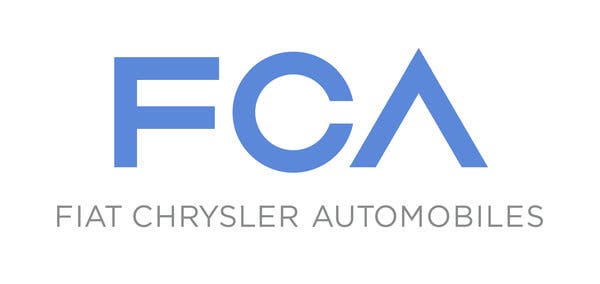
Tracey E. Schelmetic
Twice in its history — in 1980 and 2009 – Chrysler created a so-called “sales bank,” in which the company manufactured more vehicles than dealers wanted. In both cases, the sales bank events were in recession economies, and just prior to a federal bailout for the company and other American automakers. Critics are accusing the company of doing it again, only this time, there’s no recession, and the company recently announced a quarterly profit. At the same time the company was creating the alleged sales bank, it was pursuing a merger with France’s PSA.
Bloomberg is reporting that Fiat Chrysler had manufactured more vehicles than U.S. dealers are willing to accept, at one point creating a nationwide stock of about 40,000 unordered vehicles. The unpopular practice is creating tension with dealers, who dislike the practice, and drawing criticism from analysts, who believe that sales banks muddy the real numbers on automakers’ inventory figures.
The accusations against Chrysler originate from four dealers who spoke with Bloomberg on condition of anonymity. Dealers note that sales banks can lead to “pressure tactics they say can lead to bad behavior.” With the sales of new vehicles on the decline, many dealers are looking to lower their new inventory, and not boost it.
The accusations could also attract the attention of the Securities and Exchange Commission (SEC).
“Fiat Chrysler recently agreed to pay a $40 million penalty related to filing years of sales reports the U.S. Securities and Exchange Commission said were fraudulent,” according to Bloomberg. “One way the company inflated figures, the SEC said in September, was by paying dealers to report fake sales.”
Chrysler, for its part, is claiming that it had no intention of creating another sales bank. The company noted that it implemented a predictive analytics system in place earlier this year that should be able to better align its supply chain with predicted dealer orders. The company claims the system has been accurate.
“We’re producing pre-specificationed vehicles against predicted demand so the right vehicles are available when dealers need them,” said Niel Golightly, Fiat Chrysler’s global chief communications officer.












